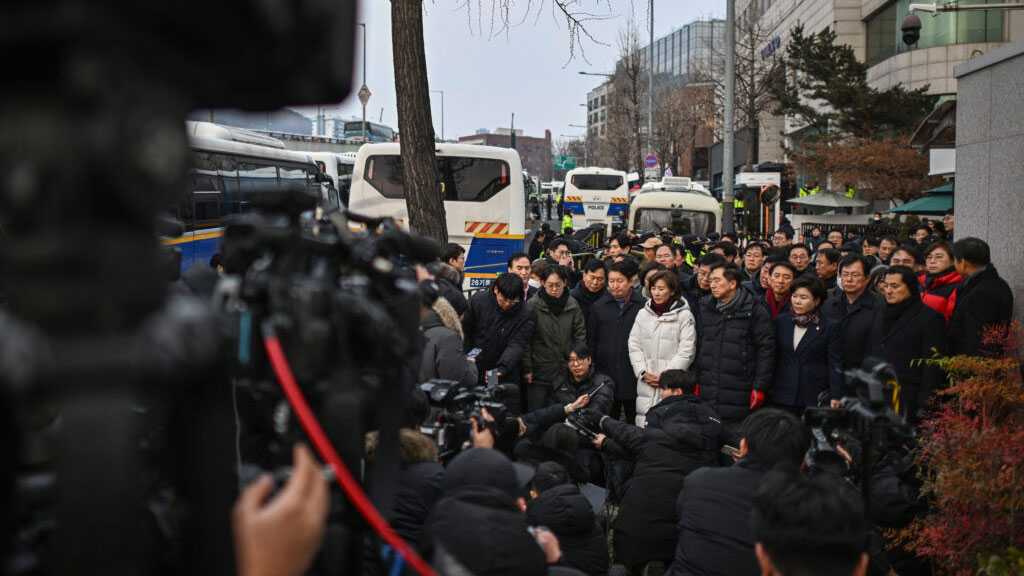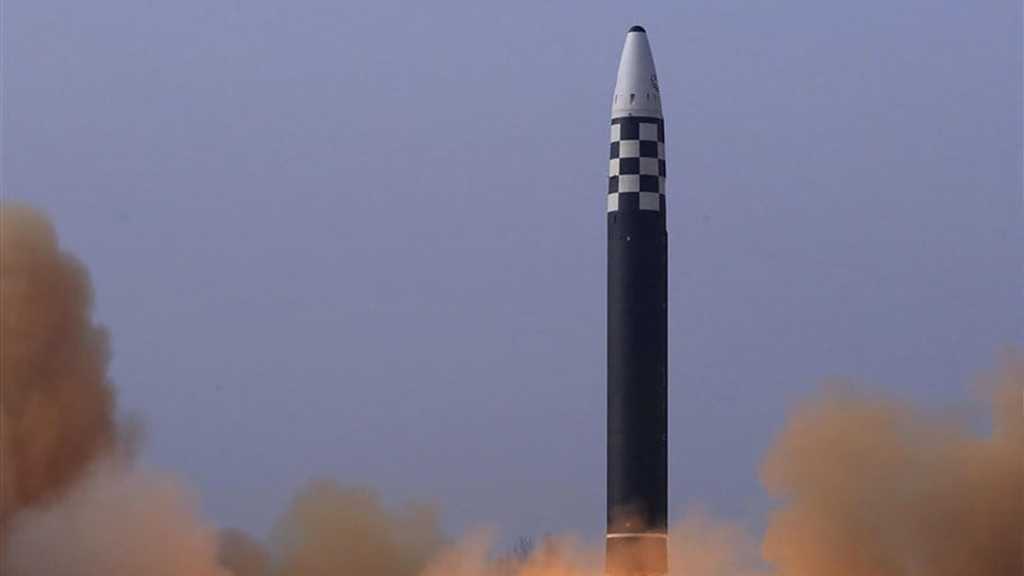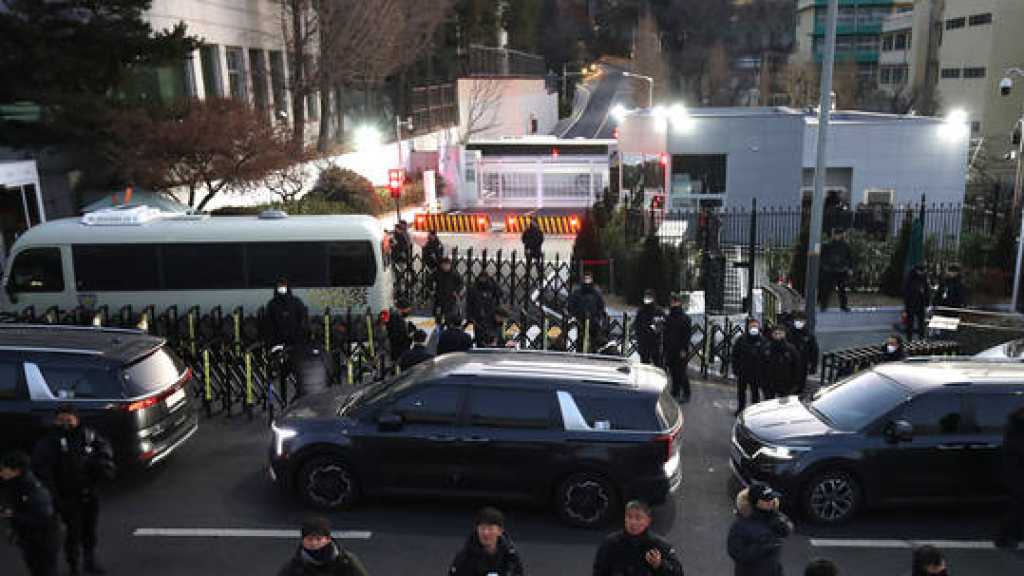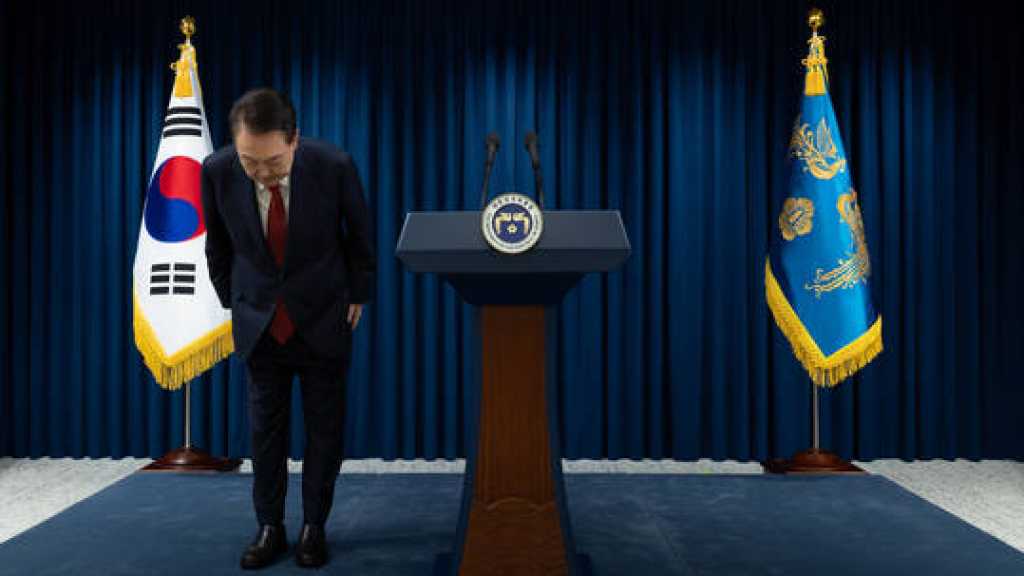
Seoul Reluctant to Get Dragged into Taiwan Conflict
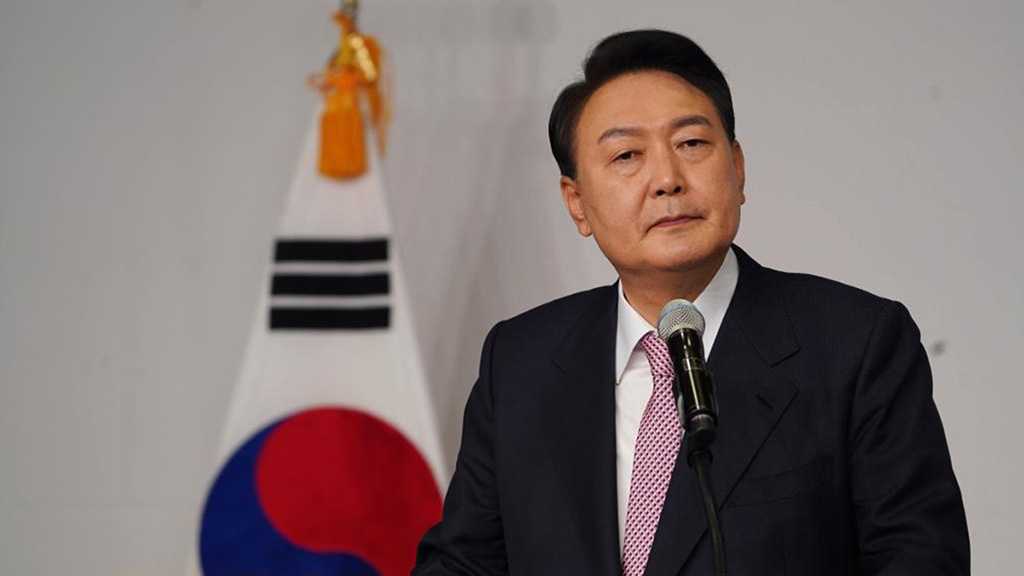
By Staff, Agencies
South Korea’s president has expressed reluctance to help the US defend Taiwan against a Chinese attack, saying his country’s military and American troops stationed on the peninsula would need to focus on increased risk of a conflict with North Korea in such a scenario.
“In the case of military conflict around Taiwan, there would be increased possibility of North Korean provocation,” President Yoon Suk-yeol said in a CNN interview that aired on Sunday. “Therefore, in that case, the top priority for Korea and the US-Korean alliance on the Korean Peninsula would be based on our robust defense posture. We must deal with the North Korean threat first.”
Yoon stopped short of saying that Seoul should be a higher US priority than Taipei, but he suggested that the approximately 28,500 American troops in South Korea shouldn’t be diverted to fight in Taiwan. US President Joe Biden last week said that American forces would defend Taiwan in the event of a Chinese invasion, eliciting a furious response from Beijing.
China has vowed to reunify with Taiwan, by force if necessary, and tensions between Beijing and Washington over the self-governing island have escalated in recent months. US House Speaker Nancy Pelosi traveled to Taipei last month, becoming the highest-ranking American official to visit the island since 1997. Yoon chose not to meet personally with Pelosi when she stopped in Seoul on her way to Taiwan, which some observers interpreted as an effort to avoid angering China, South Korea’s largest trading partner.
Yoon told CNN that Seoul will work with Washington on “expanding freedom for the world’s citizens,” but that collaboration apparently wouldn’t include using South Korea as a base from which to fight China. That’s a departure from past conflicts, including the Vietnam War. South Korea sent 350,000 troops to Vietnam between 1964 and 1973 and had nearly 50,000 soldiers deployed in the Southeast Asian country at one point in 1969.
“For South Korea, the most imminent threat is North Korea’s nuclear missile threat,” Yoon told CNN.
Pyongyang rejected last month’s offer from Yoon to hold reunification talks. North Korean leader Kim Jong-un said earlier this month that his country would never give up its nuclear weapons and recently passed a law to enshrine its right to use that arsenal preemptively if it’s under imminent threat.
Yoon said South Korea’s alliance with the US is expanding to “economic fields and cutting-edge technologies.” He added, “We have much to learn from the US system to further advance our society and economy, as well as our politics.”
Comments
- Related News
